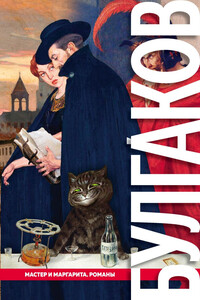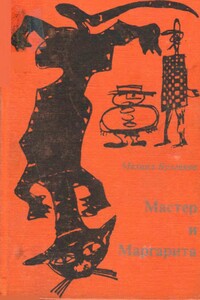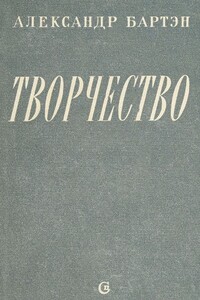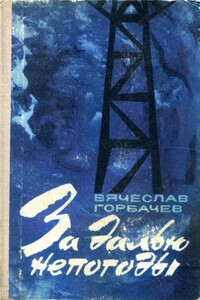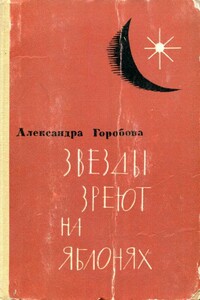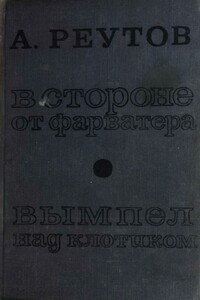| Прокуратор начал с того, что пригласил первосвященника на балкон, с тем чтобы укрыться от безжалостного зноя, но | The procurator began by inviting the high priest on to the balcony, to take shelter from the merciless heat, but |
| Таким образом, к смертной казни, которая должна совершиться сегодня, приговорены трое разбойников: Дисмас, Гестас, Вар-равван и, кроме того, этот Иешуа Га-Ноцри. Первые двое, вздумавшие подбивать народ на бунт против кесаря, взяты с боем римскою властью, числятся за прокуратором, и, следовательно, о них здесь речь идти не будет. Последние же, Вар-равван и Га-Ноцри, схвачены местной властью и осуждены Синедрионом. Согласно закону, согласно обычаю, одного из этих двух преступников нужно будет отпустить на свободу в честь наступающего сегодня великого праздника пасхи. | Thus, three robbers - Dysmas, Gestas and Bar-Rabban - and this Yeshua Ha-Nozri besides, were condemned to be executed, and it was to be done that day. The first two, who had ventured to incite the people to rebel against Caesar, had been taken in armed struggle by the Roman authorities, were accounted to the procurator, and, consequently, would not be talked about here. But the second two, Bar-Rabban and Ha-Nozri, had been seized by the local authorities and condemned by the Sanhedrin. According to the law, according to custom, one of these two criminals had to be released in honour of the great feast of Passover, which would begin that day. |

